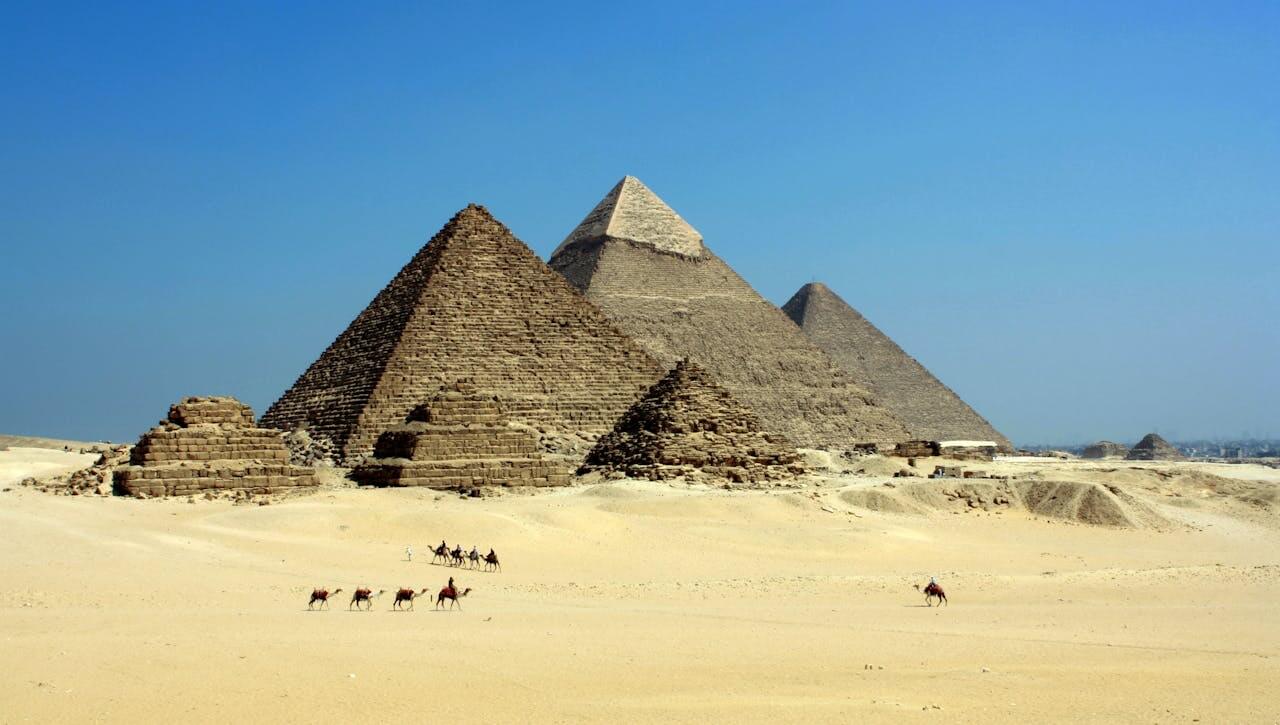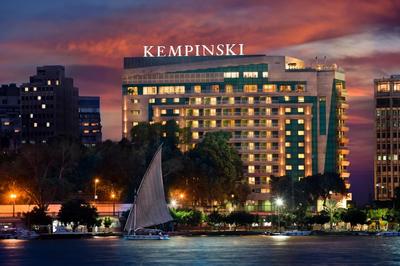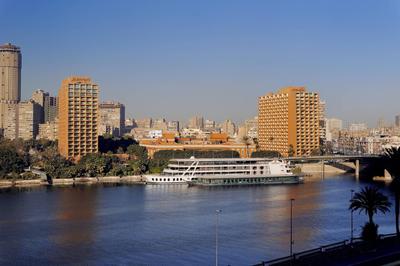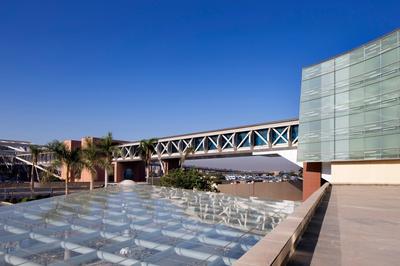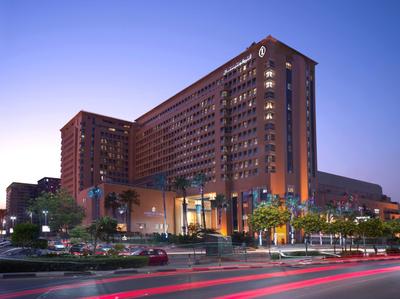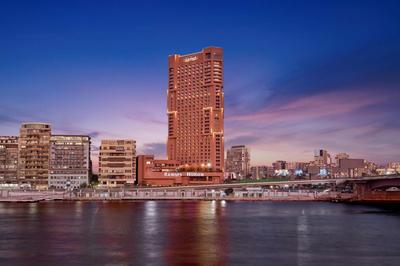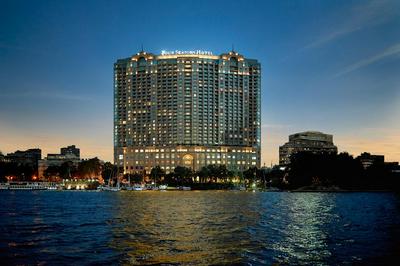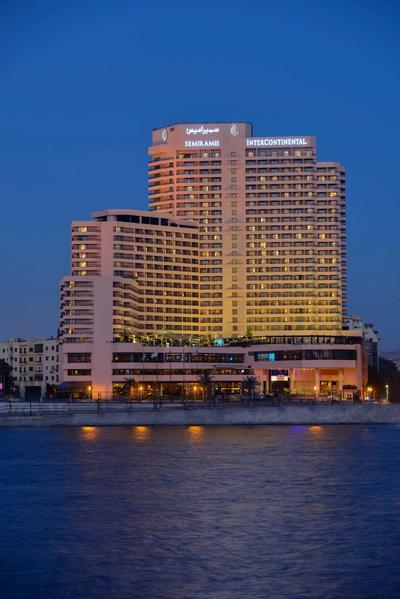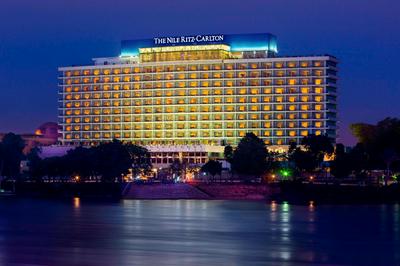When to visit Giza?
Giza, with its warm desert climate, enjoys hot summers and mild winters. The peak tourist season usually runs from October to April, when the weather is pleasantly cooler, making it ideal for exploring the pyramids and other outdoor attractions. During this time, daytime temperatures are typically around 20-25°C (68-77°F), while nights can drop to about 10-15°C (50-59°F). This is the season when most tourists flock to the city, so it’s advisable to book accommodations in advance.
In summer, especially July and August, temperatures soar, often exceeding 40°C (104°F), which can be uncomfortable for sightseeing unless done in the early morning or late afternoon. Nevertheless, if you can handle the heat, summer can be a wonderful time to visit as crowds are thinner, and many hotels offer discounts.
Spring (March to May) and autumn (September to November) see a moderate flow of visitors and are quite pleasant with warm days and cool evenings. These transitional seasons are excellent for hiking around the Giza plateau, visiting the Sphinx, or spending a day at the nearby Saqqara and Dashur necropolis.
Consider also local events; the Giza Pyramids Sound and Light Show, occurring year-round, adds a special nighttime experience regardless of when you visit!
How to get to Giza?
Giza is conveniently located just 20 kilometers (12 miles) from Cairo, making it easily accessible from Egypt's capital. The most frequent way to arrive is by air. The nearest airport is Cairo International Airport, which connects with major cities worldwide. From the airport, you can hire a taxi or book a private transfer to Giza, typically taking about 30-60 minutes depending on traffic.
For those traveling overland, buses from Cairo to Giza are a popular option. The journey takes around 30-45 minutes, and buses frequently depart from various stations throughout Cairo. Another choice is to use the metro system, which is both cost-effective and efficient. The nearest metro station to the Pyramids is the Giza station, where you can catch a taxi or a ride-share service for the last mile.
Driving in Giza is also an option, but be cautious—traffic can be chaotic. If you rent a car, expect to navigate bustling streets and have a reliable GPS or map. Overall, getting to Giza is straightforward with various transport options for every budget.
Tourist activities in Giza
Giza is renowned for its historical treasures, and a visit wouldn't be complete without exploring the iconic Pyramids of Giza. Spend a day wandering around the Great Pyramid of Khufu, marveling at the craftsmanship of the ancient Egyptians. You can also hop on a camel for a unique ride around the plateau, with stunning views of the desert backdrop.
Aside from the pyramids, the Sphinx nearby is an unmissable sight, offering great photo opportunities. Afterward, consider stopping by the Giza Plateau’s museums, such as the Grand Egyptian Museum, one of the largest archaeological museums in the world showcasing artifacts from ancient Egypt.
If you're venturing into town, find lively markets offering handmade crafts and local produce. In the evening, you might enjoy dinner while watching the spectacular Sound and Light Show set against the backdrop of the illuminated pyramids. Additionally, there are several traditional Egyptian cultural performances that give insight into the local heritage and customs.
Outdoor enthusiasts can explore the surrounding desert, either on foot or through organized 4x4 tours that promise an adventurous day out. Whether you're learning about ancient history or enjoying modern-day local culture, Giza offers a plethora of activities to fill your itinerary!
Events and festivals
Giza, being a city deeply rooted in ancient traditions, hosts several vibrant festivals and events throughout the year. One of the most significant is the Giza Pyramids Sound and Light Show, running year-round, where ancient tales come alive through lights and sound against the backdrop of the remarkable pyramids. Each evening, the smells of gourmet street food fill the air as locals and tourists gather to witness this mystical event.
In April, the Abu Simbel Sun Festival, though primarily in Aswan, has some celebrations reflected in Giza that honor the sun god Ra. It's a time filled with music, dance, and cultural exhibitions showcasing Egyptian heritage. Similarly, the Cairo International Book Fair held in January is a major cultural gathering, attracting literature lovers from all over.
The Coptic Christmas celebration in January and Ramadan festivities during the lunar month are also celebrated in Giza, marked with special nighttime prayers, feasts, and activities. Whether it's a cultural festival or a historical commemorative event, Giza elegantly blends the ancient with the modern in its celebrations.
Family and kids activities
Giza is a fantastic destination for families, offering numerous activities that appeal to visitors of all ages. Start with a trip to the Pyramids, where kids can learn about ancient Egypt in a fun and engaging way. The camel rides around the pyramids can be a thrilling experience for the little ones, providing a unique way to explore the areas around the Great Pyramid.
The Giza Zoo is another excellent stop for families, home to various animal species, and a chance for kids to learn more about wildlife conservation. Nearby, the Cairo Aquarium in the Botanical Gardens is a smaller but exciting detour where children can marvel at aquatic life.
If your family enjoys the outdoors, consider visiting parks like Al-Azhar Park, where you can have picnics, enjoy the greenery, and take in panoramic views of the city. Educational experiences can also be found in museums, such as the Child Museum in Cairo, which is just a short trip away. The interactive exhibits are designed specifically for younger audiences, ensuring that they are both entertained and educated.
With a mix of historical sights and engaging activities, Giza ensures that family trips here leave lasting memories.
What to see in Giza?
Giza is steeped in history, and while the pyramids are undoubtedly its most famous attractions, there's much more to explore. Here’s a shortlist of must-see sites:
- The Great Pyramid of Giza: The oldest of the Seven Wonders of the Ancient World, it's a testament to ancient engineering.
- The Sphinx: This enigmatic statue with the body of a lion and the face of a pharaoh is an iconic symbol of Giza.
- The Giza Solar Boat Museum: Home to the reconstructed solar boat of Pharaoh Khufu, it offers insights into ancient Egyptian beliefs about the afterlife.
- The Pyramids of Khafre and Menkaure: Smaller than the Great Pyramid, these structures are equally fascinating and visitable.
- The Grand Egyptian Museum: Set to open soon, it’s expected to become one of the largest archaeological museums in the world.
- Saqqara Necropolis: Home to the Step Pyramid of Djoser, it is a UNESCO World Heritage site worth visiting.
- Dashur: Features the Bent Pyramid and the Red Pyramid, offering a quieter experience away from the larger tourist crowds.
Whether you're seeking the grandeur of ancient architecture or the richness of Egyptian culture, Giza never disappoints.
Accommodation in Giza
Finding a place to stay in Giza gives you a range of options, suited for all budgets. For luxury seekers, several five-star hotels offer stunning views of the pyramids, like the Mena House and Four Seasons Hotel at the First Residence. These establishments provide not just comfort but also exquisite dining and spas.
If you’re looking for mid-range options, there are numerous guest houses and boutique hotels that offer a cozy stay while also allowing easy access to local attractions. Neighborhoods like Mohandessin and Dokki are popular amongst tourists for their local dining options and shopping.
For budget travelers, hostels and affordable hotels can be found, with many located around the Giza Plateau offering dormitory-style living or private rooms. Prices vary, but budget accommodations can be as low as $10 a night, while mid-range stays typically range from $50 to $100.
In terms of neighborhoods, staying near the Giza Plateau is ideal for first-time visitors, as you’ll be closest to the iconic sites. Regardless of your budget, Giza has lodging options that cater to different preferences.
Important numbers and information
- Emergency Numbers: Police: 122, Ambulance: 123, Fire Department: 180
- Tourist Information Centers: Main center at Giza Plateau, not far from the Pyramids.
- Main Hospitals: Cairo University Hospital and Giza General Hospital
- Airport Contacts: Cairo International Airport Information: +20 2 2265 2180
- Public Transport Info: Cairo Metro Hotline: +20 2 2591 2400
- Taxi Apps: Uber, Careem (popular in Giza and Cairo)
- Currency: Egyptian Pound (EGP); Credit cards are widely accepted in most hotels and restaurants.
Where to eat?
The culinary scene in Giza is as rich as its history, offering a vibrant mix of traditional Egyptian flavors and international cuisine. Start your food journey by sampling local dishes like koshari, a hearty mix of rice, lentils, and pasta topped with tomato sauce, and falafel, crispy and flavorful when served in pita with tahini sauce.
Street food stalls are abundant, where eating fresh shawarma or enjoying sweet pastries like baklava can be a delightful experience. Check out the local markets where you can also find fresh fruit juices and traditional sweets.
For a more formal dining experience, notable restaurants such as Andrea Mariouteya, known for its authentic Egyptian grilled dishes, or the panoramic view at 9 Pyramids Lounge, offer stunning sights over the Giza plateau along with superb meals. Prices vary, with street food often costing less than $5 and mid-range meals starting around $10-20.
Giza’s dining scene certainly caters to every palate, ensuring a delightful experience that complements your visit!
Nightlife – where to go out?
Giza may not be as vibrant as Cairo in terms of nightlife, but it still offers unique spots to unwind after a day of exploring. The atmosphere can be quite relaxed, with bars that provide a cozy vibe. For a casual drink, consider the Lotus Bar, known for its refreshing cocktails and friendly service, particularly appealing with its outdoor seating.
If you're keen on dancing, head to the renowned Cairo Jazz Club, just a short drive away. This club is popular for live music performances that span various genres and can often feature local or international acts, creating a lively atmosphere for both tourists and locals.
For those who prefer a quieter evening, the area near the Sphinx features restaurants with outdoor seating that come alive at night, providing enjoyable views of the pyramids illuminated against the starry sky. After dinner, you might enjoy a traditional hookah while sipping on mint tea—a perfect way to end the day.
Whether you’re looking for a night of live music, drinks under the stars, or a low-key evening absorbing the beautiful surroundings, Giza has something to offer!
Transport and taxis
Navigating Giza is relatively straightforward, thanks to a mix of public transport and taxis. The Cairo Metro extends to Giza, with the Giza station located a short distance from the pyramids. Tickets are inexpensive, making this a budget-friendly choice for getting around.
Buses also operate frequently; however, they can be confusing for first-time visitors. For a more convenient option, taxis are readily available. Make sure to use registered taxis and agree on a fare beforehand or ensure the meter is running. Notably, ride-hailing apps like Uber and Careem are also popular and provide a reliable way to get to your destination without dealing with local traffic chaos.
Most public transport options operate from early morning until late evening, allowing for flexibility in planning your outings. As a safety precaution, always be mindful of personal belongings, especially in crowded areas.
- Public Transport: Metro and buses available.
- Taxis: Use reputable taxis or ride-hailing apps.
- Ticket Prices: Metro tickets are around 5 EGP; buses are even cheaper.
Parking and public garages
Parking in Giza can be a bit of a challenge, especially near major tourist attractions such as the pyramids. Generally, it’s advisable to park in designated areas or private lots where security is provided. Many hotels also offer parking facilities, which can be convenient if you’re staying overnight.
Street parking is available, but spaces can be limited, and local traffic can be hectic, so be cautious if you choose to go that route. Parking fees typically range around 10-20 EGP depending on the location and time.
For those renting cars, always keep an eye on local signs, as regulations can differ. If unsure, it’s often easier to rely on taxis or other transport options to navigate busy parts of the city.
Surroundings of Giza
Exploring the surroundings of Giza can uncover even more historical treasures. A short drive will take you to the ancient site of Saqqara, where the Step Pyramid of Djoser stands as a significant archaeological marvel. This area is less crowded than the Giza Plateau, providing a more intimate experience with Ancient Egypt.
Heading further south, Dashur is notable for its Bent Pyramid and the Red Pyramid. These unique structures showcase the evolution of pyramid construction and are less frequented, making it a perfect spot for those looking for a quieter visit.
If you're craving nature, venture to the Wadi Degla Protectorate, a beautiful desert valley that's ideal for hiking and enjoying the natural landscapes away from the city's hustle. Walking trails allow you to immerse yourself in the serenity of the desert.
Giza's location offers easy access to various day trips, blending history, culture, and nature effortlessly, making it a fantastic base for explorations!
